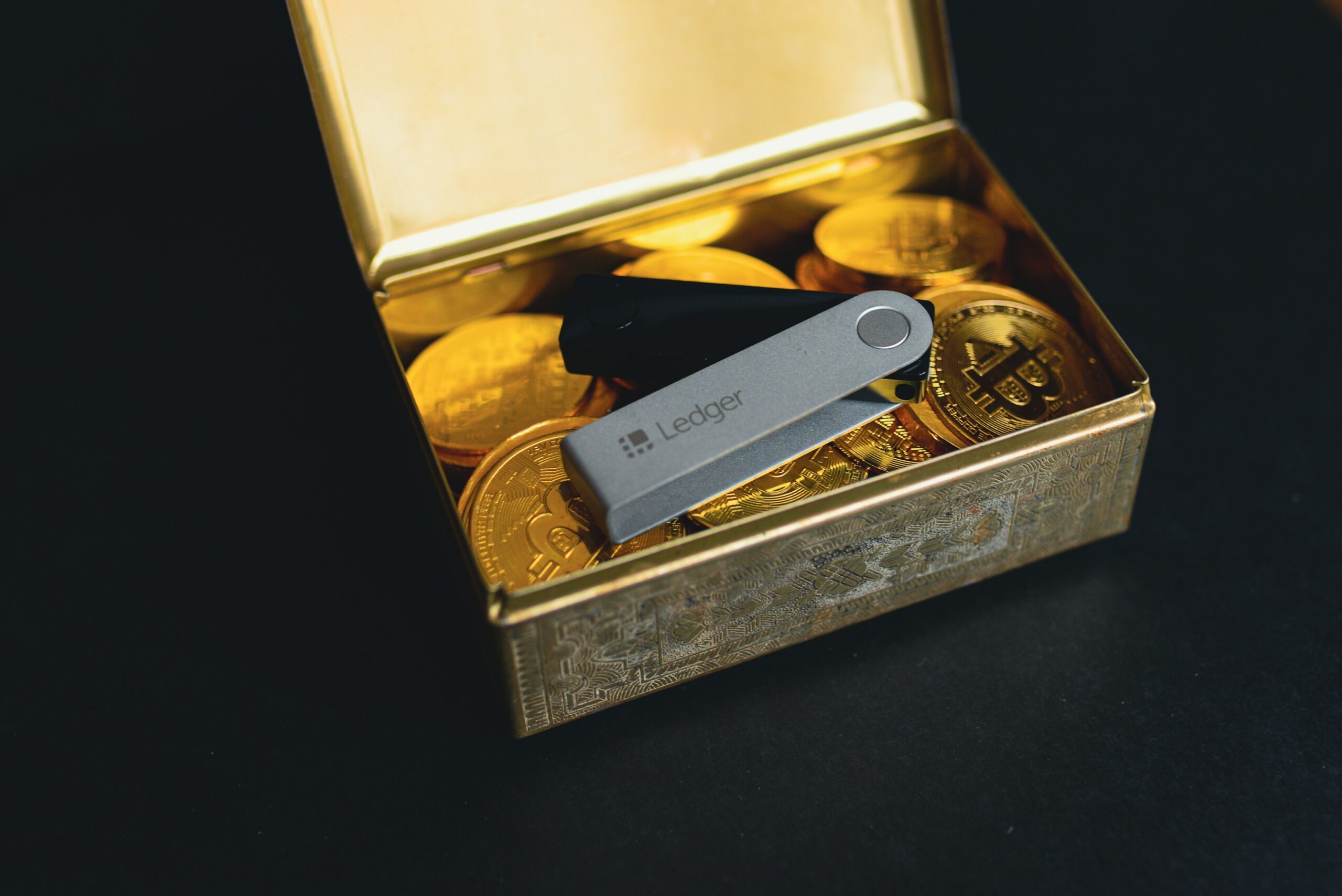Cryptography is a science that involves secret writings with the intention of ensuring that data is kept safe. If you have looked into crypto investment, and specifically on digital wallet, you will hear a lot about your keys. Once you have secured a crypto wallet, you will receive two keys; a private key and a public key. These two are extremely important and perform different but complementary functions.
Both public and private are therefore integral parts of Bitcoin as well as other cryptocurrencies. Once issued, the keys will allow you to send and receive your coins without the necessity of having to involve a third party to perform validation of the transactions. It is essential therefore to note that the keys are part of the public-key framework (PKC). In this article, you will learn more about private and public keys, as well as their relevance within the cryptocurrency space.
Table Of Contents
What is a Public Key?
Think of a public key as your mailing address. You can send it to anyone if you want to send or receive anything. So in this case, anyone can look it up and send things, in this case, cryptocurrency. This means that you can disclose that information to anyone who is interested. However, it will not permit them into your wallets, and therefore cannot withdraw money.
A public key will therefore allow you to receive a crypto transaction. Ideally, it is a cryptographic code that operates in addition to the private keys. Although it is evident that anyone can send transactions to the public keys, the private keys are needed to unlock, and validate that you are the owner of the cryptocurrency in the transaction.
In this way, therefore, it is completely acceptable to share your public keys without worry. I am sure you might have seen a number of agencies or donation pages with the public keys for their cryptos. Even after receiving such donations, they need private keys to access the donated funds. Any failure to validate with the private keys will render such funds inaccessible.
What is a Private Key?
Having learnt about the public keys, I am sure you now have a rough idea regarding the private keys. Broadly, the private keys are used on the wallet of the owner, and not for any other purpose. It operates as a password and therefore must be kept with a lot of secrecy. There are things that you must be aware of when operating a digital wallet.
First, if someone makes a discovery of your private keys, they will have easier access to all the cryptos in your wallet and will be able to perform any function they wish to. In most cases, such keys are numerical codes. Fascinatingly, even the owners may never see their private keys. However, the majority of the exchange platforms will always provide you with an encoded version of your private keys in such a manner that will help you easily record and remember.
You’re likely to be subjected to a number of security verifications if you want to unlock your wallet. For most exchange platforms, a “seed phrase” is used to do the same. In such a way, you will be provided with a series of random words that will help you unlock your funds. The private keys are hidden within the software which is part of the functionality of such user-friendly words.
Arguably, private keys operate technically as a signature to the digital transactions involving your funds. In this way, no one else can validate such a transaction if they don’t have a private key. Also, the public key encrypts transactions and can only be decrypted by a corresponding private key. It goes without saying that the cryptographic technology employed in this instance is on another level and will mostly protect your coins from hackers and online fraudsters.
How Do I Store My Private Keys?
The manner in which both the private and public keys operate in a complementary manner is fascinating. In fact, it is a cornerstone of understanding how the cryptocurrency transaction functions. Saying that you own a cryptocurrency is synonymous to saying you have a private key that proves the ownership of that crypto. The secret keys are therefore stored within the blockchain but the public keys will help verify if you are the legit owner.
Conclusion
If there is one thing that I will relentlessly emphasize on is the fact that you must keep your private keys a secret. I mean, this is if you want to survive in this turbulent ecosystem of crypto investment. You can write it down and keep them in several stores. Once you happen to lose them or get into the wrong hands, you will lose your funds.
I also do not advise taking pictures or screenshots of the same because you are never sure of who will access your mobile devices. Thus, the choice of holding and keeping your keys is exclusively yours. If you choose to trust a different custodian, such a decision will also be based on your philosophy, risk tolerance and a bunch of factors. Some people may choose to have custodial solutions such as the exchange. In such cases, go for organizations that have built their name on reputation and trust.

